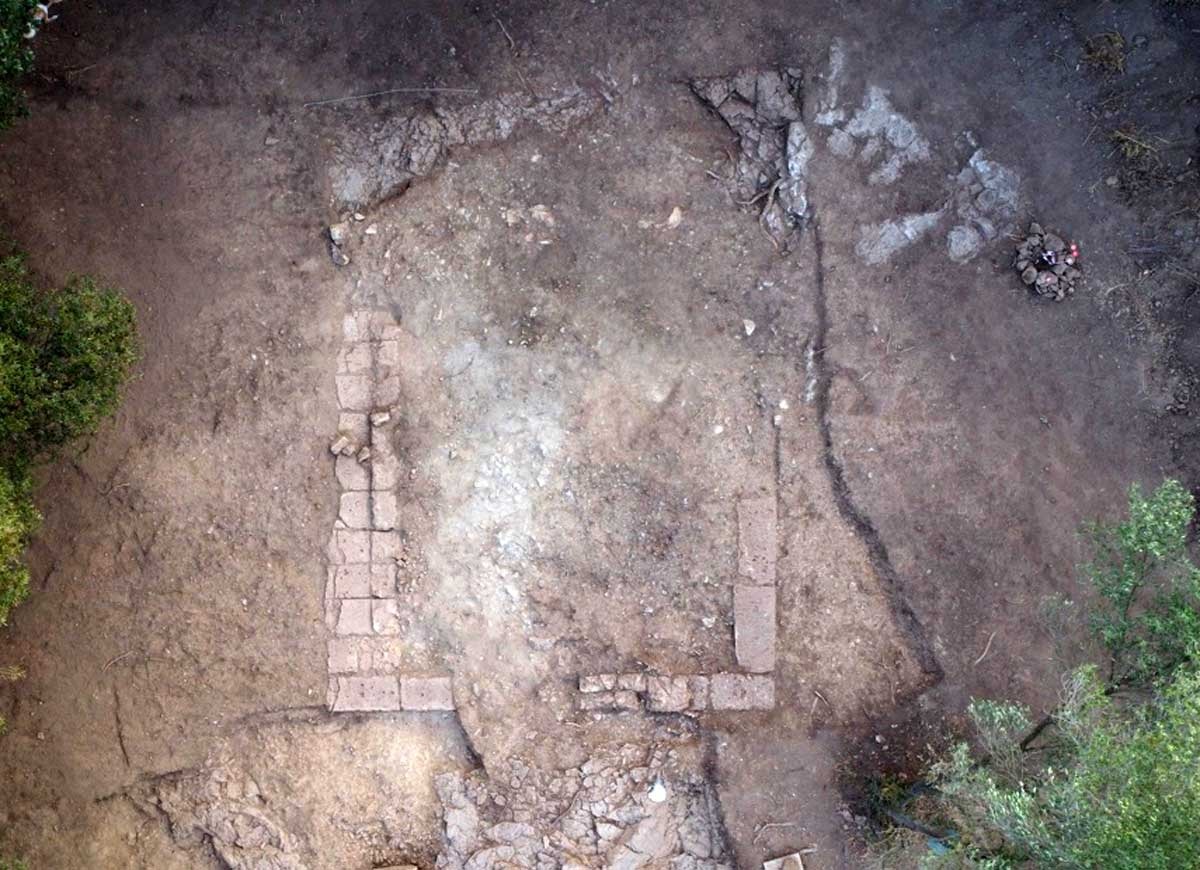Archaeologists from the Centre for Ancient Mediterranean and Near Eastern Studies (CAMNES), in partnership with the University of Naples Federico II, have discovered a cult temple at the necropolis of Sasso Pinzuto in Tuscany, Italy.
The Etruscans were an ancient Italic people that emerged around 900 BC in Italy’s central region of Etruria.
The territorial extent of the Etruscan civilisation reached its maximum around 750 BC, and was organised around three main confederacies of cities. After 500 BC, the political balance of power on the Italian peninsula shifted away from the Etruscans, giving way to the rising Roman Republic.
The necropolis of Sasso Pinzuto is a large burial complex containing at least 120 chamber tombs from the 7th to 6th centuries BC. Based on the funerary objects recovered, archaeologists suggest that the necropolis was reserved for high status Etruscan elites.
Recent excavations of an area containing three raised mounds have revealed the rectangular foundations of a cult temple (oikos) facing north-northeast. The temple measures 6.2 x 7.1 metres and is constructed from large blocks of stone.
According to the researchers, the discovery is a rare example of funerary cult worship from the Archaic period, and will provide new insights into previously unknown funerary practices of the Etruscan people.
Archaeologists have also found the remains of polychrome clay slabs at the necropolis, decorated with depictions of ceremonies, processions, and banquets.
Similar slabs have been found around burial mounds in other Etruscan necropolises in the region, which were thought to be attributed to ceremonial structures, of which no structural remains have been found until now.
“In all likelihood, the oikos of Sasso Pinzuto will become a reference for funerary cults in other archaic Etruscan necropolises,” said Professor Alessandro Naso from the University of Naples.
Header Image Credit : Centre for Ancient Mediterranean and Near Eastern Studies
Sources : CAMNES





